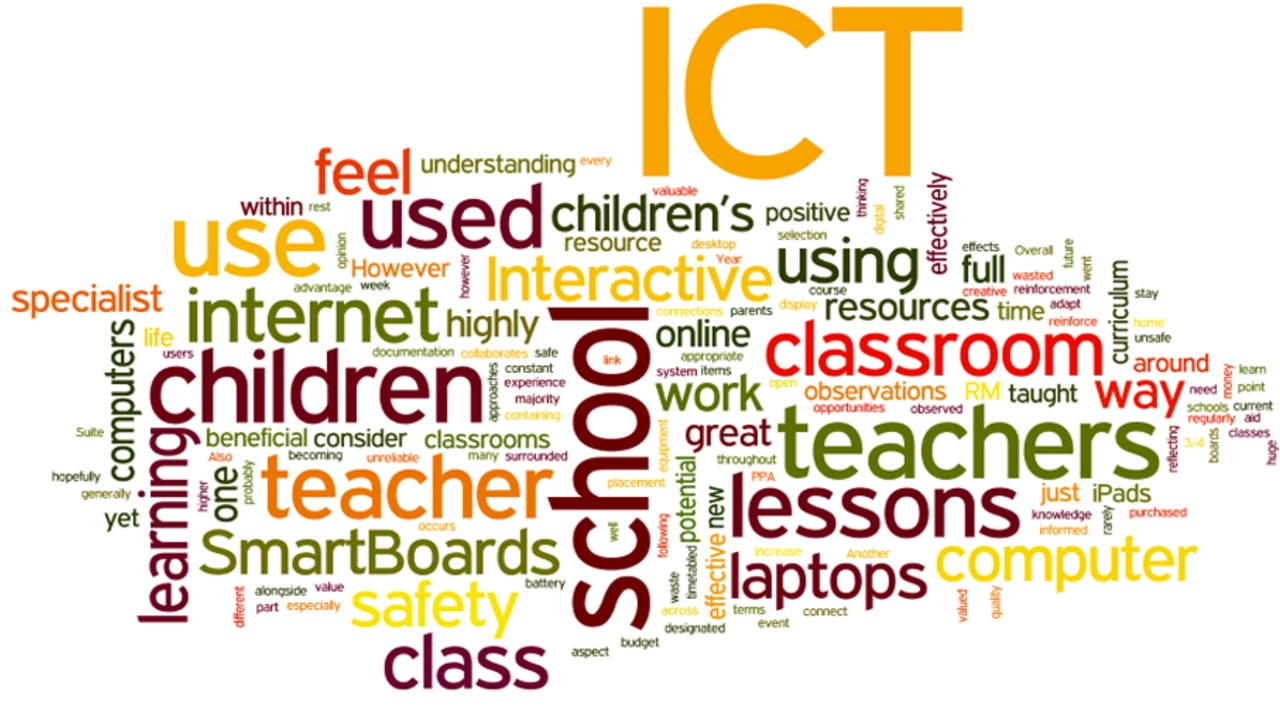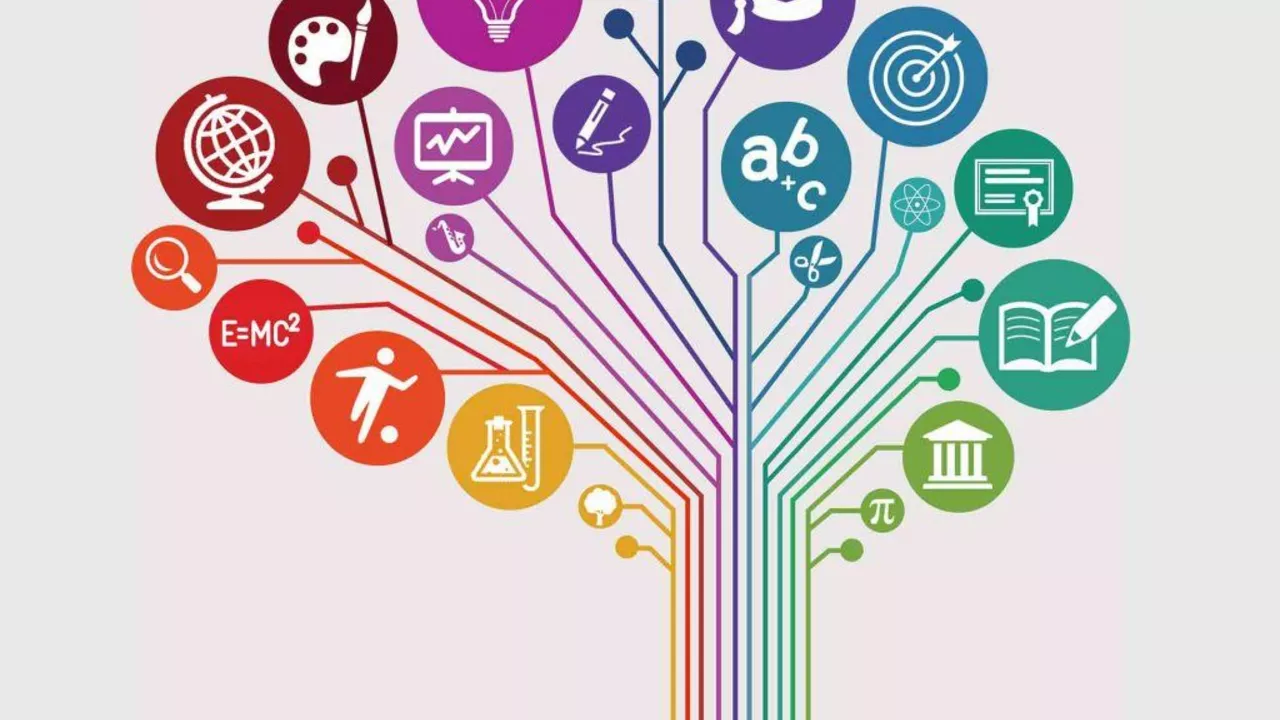
Why is sociology useful in education?
Alright folks, here's the thing - sociology and education, they're like macaroni and cheese, better together! Sociology helps us understand the social dynamics within classrooms, making education less of a wild jungle and more of a well-organized safari. It's like having a secret decoder ring for student behavior and societal influences - super useful! Think about it, we can't really educate effectively without understanding our students' social contexts, right? So, in the great words of my sociology professor, "it's not rocket science, it's sociology!", and that's why it's invaluable in education!

Does education really matter to one's success?
In exploring the topic of whether education truly impacts one's success, it's clear that there's no one-size-fits-all answer. Education can certainly provide a foundation of knowledge and skills, but it's not the only pathway to success. Many successful individuals have forged their own paths without traditional education. Ultimately, success is influenced by a combination of factors, including experience, creativity, and resilience. So, while education can be a key part of the puzzle, it's not the only piece that matters.

Is education in Japan free?
In my recent exploration of the Japanese education system, I discovered that education in Japan is not entirely free. While public elementary and junior high schools do not charge tuition fees, parents are still responsible for covering costs related to school materials, lunches, and extracurricular activities. High school education, however, is not free, and families must pay tuition fees. The government does offer subsidies and scholarships to help ease the financial burden, but it's important to note that education in Japan is not universally free. Overall, the Japanese education system has a mix of free and paid components, with financial assistance available to those in need.